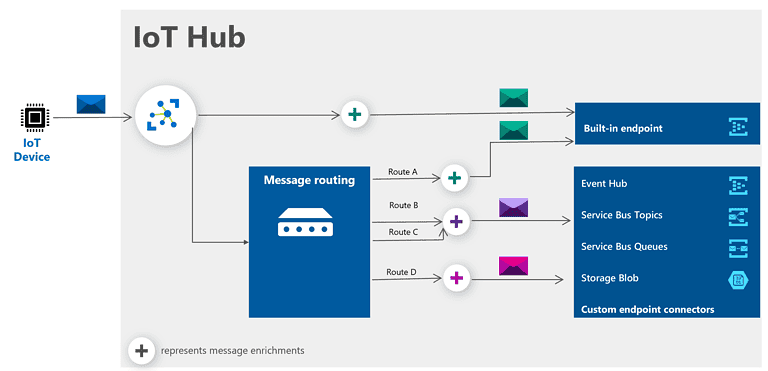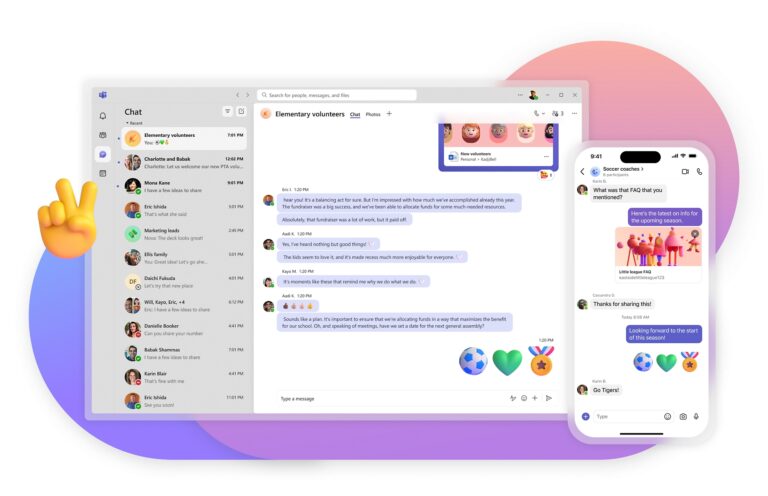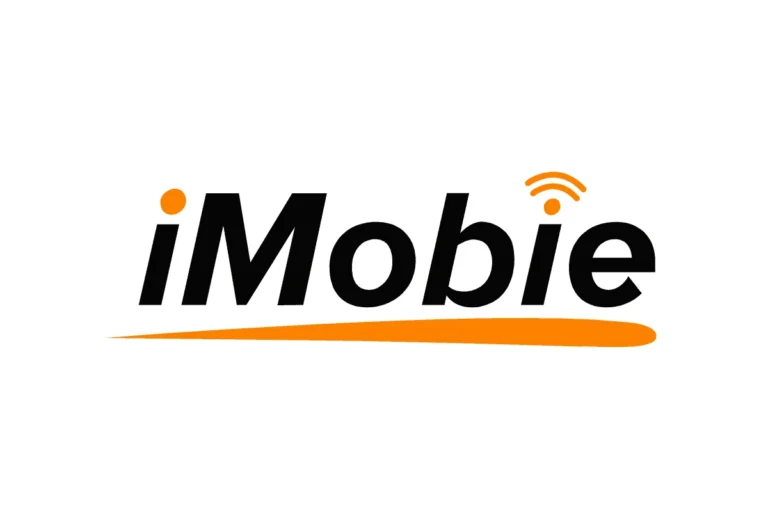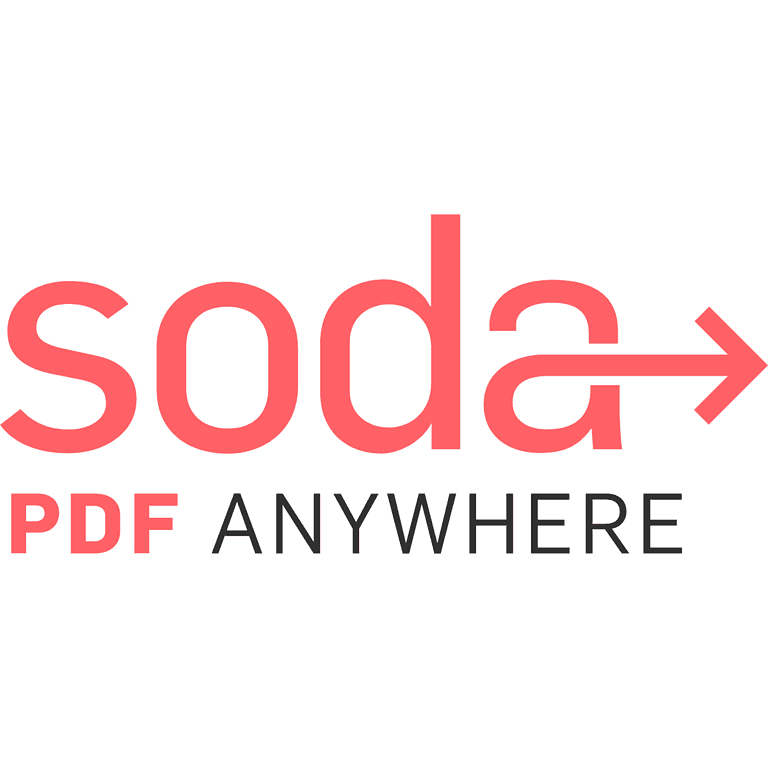
Facebook has been the dominant force in social media for years, but many users are now looking for alternatives for a variety of reasons. Whether it’s privacy, the number of ads you see, the people who are on Facebook, or if you’re just looking for a change; these alternatives offer features that compete with Facebook and address a lot of your concerns. While Facebook is still a major player, there are a growing number of platforms offering unique features and experiences, catering to users seeking greater privacy, control, and community. From ad-free havens to decentralized networks and hyperlocal hubs, there’s a Facebook alternative out there to suit every need and preference.
The best alternative for you depends on your priorities and preferences. If privacy is crucial, MeWe or Diaspora* may be the best choices. If you value open dialogue and free speech, Minds is a strong contender. For creative expression and a visually pleasing interface, Ello is a great option. And if you want to connect with your local community, Nextdoor is the way to go. Remember, there’s no one-size-fits-all answer, so explore different platforms and see which one feels like home.
Exploring Social Media Beyond the Blue Giant
Facebook has been the dominant force in social media for many years, connecting billions of people worldwide. However, an increasing number of users are now looking for alternatives that provide different features, privacy settings, and community atmospheres. Here’s an overview of some of the leading platforms competing with Facebook, each serving specific needs and preferences.
People are seeking Facebook alternatives for a variety of reasons, including improved privacy settings, modern design, or unique features. There are now numerous options available for those looking to move away from Facebook, with new social networks appearing regularly. Some platforms cater to specific interests or content types, while others strive to be all-in-one solutions similar to Facebook. By exploring these alternatives, users can discover a social media experience that suits their requirements.
MeWe

Dubbed the “anti-Facebook,” MeWe prioritizes user privacy and control. It has a clean, ad-free interface and promises never to sell user data. MeWe allows for custom newsfeeds, private group chats, and even disappearing content. It’s ideal for those who value their digital footprint and want a more personalized social experience.
Diaspora*

Diaspora* is a decentralized social network, meaning there’s no single entity controlling user data. It’s a collection of independent servers, or “pods,” that users can choose to join based on their interests or location. This unique structure offers greater privacy and freedom from censorship. Diaspora* is perfect for those who want to connect with like-minded individuals without sacrificing their personal information.
Mastodon

Similar to Diaspora*, Mastodon is a decentralized network made up of interconnected servers. However, it has a more microblogging feel, reminiscent of Twitter. Users can join different servers, or “instances,” based on their interests, creating smaller, more focused communities. Mastodon’s open-source nature allows for customization and innovation, making it a great choice for tech-savvy users who want a flexible and adaptable social platform.
Minds

Minds bills itself as a “free speech” platform, offering an alternative to social networks that censor or suppress content. It’s built on blockchain technology, ensuring transparency and immutability of user data. Minds rewards users with cryptocurrency for their contributions, creating a more equitable and incentivized social experience. It’s a good fit for those who value open dialogue and are interested in the potential of blockchain technology.
Ello

Ello started as an ad-free alternative to Facebook, focusing on clean design and creative expression. It’s a popular platform for artists, designers, and photographers to showcase their work and connect with a like-minded community. Ello’s minimalist interface and emphasis on visual content make it a refreshing change from the cluttered and data-hungry giants of social media.
Nextdoor

While not a direct replacement for Facebook, Nextdoor offers a hyperlocal social experience. It’s designed to connect neighbors within a specific community, fostering communication and collaboration on local issues. Nextdoor is ideal for staying informed about neighborhood events, finding recommendations for local businesses, and building relationships with the people around you.
Comparison Table: Top Facebook Alternatives
| Platform | Focus | Pros | Cons |
|---|---|---|---|
| MeWe | Privacy, control | Ad-free, no data selling, custom newsfeeds | Smaller user base |
| Diaspora* | Decentralization, privacy | No single entity control, freedom from censorship | Steeper learning curve |
| Mastodon | Decentralization, microblogging | Open-source, customizable, focused communities | Can be fragmented |
| Minds | Free speech, blockchain | Transparency, rewards users with cryptocurrency | Niche user base |
| Ello | Creative expression, ad-free | Clean design, minimalist interface, visual focus | Limited features compared to larger platforms |
| Nextdoor | Hyperlocal connections | Fosters community engagement, local recommendations | Not a global platform |
Key Takeaways
- Many Facebook alternatives offer unique features and enhanced privacy
- Users can choose platforms based on specific interests or content types
- Exploring new social networks helps find the right fit for individual needs
Evaluating Key Features of Facebook Alternatives
When looking at Facebook alternatives, key aspects to consider are privacy, usability, and ways for creators to earn money. These factors can help users pick the best option for their needs.
Privacy and Security Aspects
Many Facebook alternatives put user privacy first. Some platforms don’t track users or show ads. This gives people more control over their data.
End-to-end encryption is a key feature in some apps. It keeps messages safe from prying eyes. Only the sender and receiver can read them.
Data security is also important. Look for networks that don’t sell user info to other companies. Some let users choose where their data is stored.
Privacy-focused platforms often have stricter rules about what info they collect. They may ask for less personal details when signing up.
Usability and Community Engagement
A good Facebook alternative should be easy to use. The user interface matters a lot. It should be simple to post updates, share photos, and chat with friends.
Community features are key for keeping users active. Look for options like:
- Groups for shared interests
- Event planning tools
- Ways to discover new content
Some platforms focus on specific types of posts. They might be great for sharing photos or writing long updates.
Content moderation is crucial too. It keeps the platform safe and fun for everyone. Check how each network handles harmful posts.
Monetization and Support for Creators
Many Facebook alternatives help content creators make money. This can attract more users and keep the platform lively.
Some ways creators can earn include:
- Paid subscriptions for exclusive content
- Tips from fans
- Selling digital goods
Platforms like Minds use cryptocurrency to reward users for their posts. This can be a new way to earn for active members.
Ad revenue sharing is another option on some networks. Creators get a cut when ads show up with their content.
Look for platforms that offer easy-to-use tools for making and sharing content. Features like live streaming can help creators connect with fans.
Alternative Platforms by Category
Facebook alternatives cater to different needs and preferences. These platforms offer unique features and benefits for users seeking new social experiences.
Decentralized and Privacy-Centric Networks
Decentralized social networks aim to give users more control over their data. Mastodon is a popular choice in this category. It lets users join or create their own servers called “instances”. Each instance has its own rules and focus.
Diaspora is another option. It stores user data on personal servers called “pods”. This setup helps protect privacy. Users can connect with others across different pods.
Minds blends decentralization with cryptocurrency rewards. Users earn tokens for engagement. These tokens can be used to boost posts or support other users.
MeWe focuses on privacy too. It doesn’t sell user data or show targeted ads. The platform offers many features similar to Facebook.
Professional and Specialized Networks
LinkedIn is the top choice for professional networking. It’s great for job hunting and career growth. Users can showcase skills and connect with others in their field.
Clubhouse offers audio-based networking. It’s useful for discussions and learning from experts. The app hosts live talks on various topics.
Telegram has become popular for group chats. Its “Secret Chat” feature uses end-to-end encryption for private messages. Many professionals use it for team communication.
Creative and Multimedia Focused Platforms
Instagram is a go-to for visual content. It’s ideal for photographers and artists to share their work. The platform now includes short-form videos called Reels.
TikTok has grown rapidly. It focuses on short videos and is popular with younger users. Many creators use it to reach new audiences.
Vero aims to be a more authentic social network. It shows posts in chronological order without ads. The app supports various content types including photos, links, and music.
Microblogging and News Oriented Services
Twitter remains the top platform for short updates and breaking news. Its 280-character limit encourages concise communication. Many journalists and public figures use it to share information quickly.
Reddit divides content into topic-based communities called subreddits. Users can join groups that match their interests. It’s great for discussions and staying updated on specific topics.
WT.Social focuses on news sharing without ads. Users can edit posts to fight misinformation. The platform aims to create a more trustworthy news environment.
Frequently Asked Questions
Social media users often look for Facebook alternatives. These platforms offer different features and approaches to privacy, content moderation, and user experience.
What are the top social media platforms competing with Facebook?
LinkedIn is a leading Facebook alternative for work-related networking. It focuses on professional connections and job opportunities. MeWe is another option that puts more emphasis on user privacy.
Are there any free platforms similar to Facebook that are tailored for adult users?
Yes, there are free Facebook alternatives for adults. Mastodon is an open-source platform that caters to adult users. It offers a decentralized approach to social networking.
Which social networks offer less censorship compared to Facebook?
Minds is a platform that promotes free speech. It uses blockchain technology and has fewer content restrictions than Facebook. Users can earn cryptocurrency for their contributions.
Is there a platform that serves as an ethical alternative to Facebook?
WT Social aims to be an ethical social network. It was created by Wikipedia co-founder Jimmy Wales. The platform is ad-free and does not sell user data.
What are the main differences between WT Social and Facebook?
WT Social does not use algorithms to show content. Users see posts in chronological order. It also focuses on sharing news and fostering discussions rather than personal updates.
Which social media apps are considered more privacy-focused and secure alternatives to Facebook?
Signal and Telegram are messaging apps that offer more privacy than Facebook Messenger. They use end-to-end encryption to protect user conversations. For social networking, Diaspora is a decentralized platform that gives users more control over their data.






